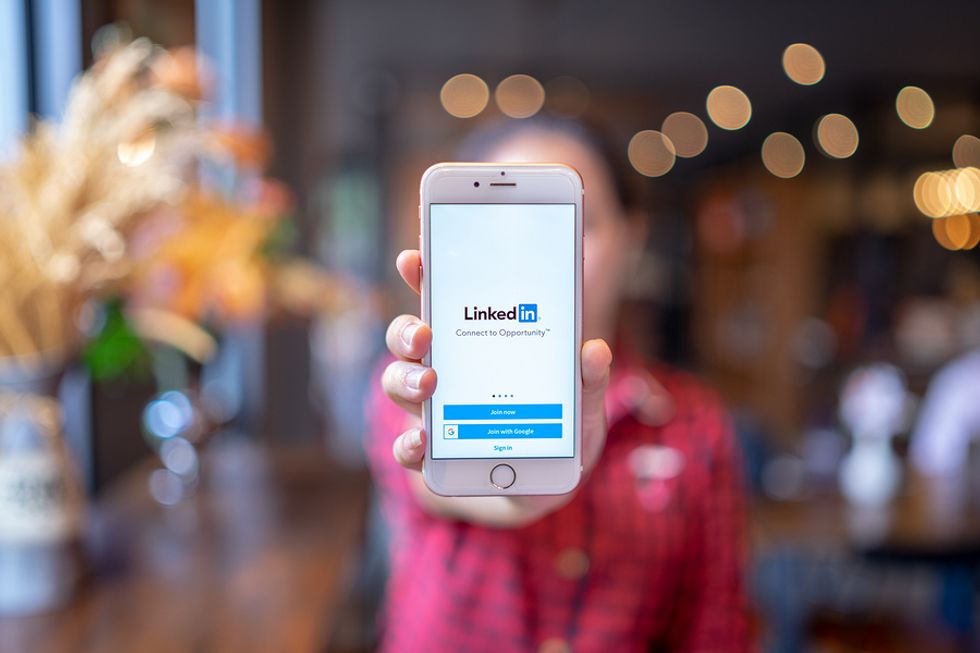How To Get Hired With A Criminal Record

It’s difficult enough to get hired nowadays without having a criminal record. So, is it even possible to land a good job after committing a crime?
The short answer is yes.
But it’s not going to be easy, unless you follow these three steps during your next job interview.
1. Come Up With Your Explanation

Employers will conduct background checks on you. The old rule of thumb was that a felony comes off your record after seven years, and it does. But the internet has a much longer memory than that. Your criminal record will probably always be up there for employers to find. If you have any record with the police, HR can (and will) find it. So, it’s important that you tell employers about your criminal record before they find it out for themselves and then hold it against you in the hiring process.
A key thing to remember as you look for a job with a criminal record is that it’s not about overcoming your criminal background; it’s about working through it.
Before you mention your criminal record to a hiring manager, come up with your explanation. Use the “Experience + Learn = Grow” model, which is the same strategy you should use when answering behavioral interview questions. Tell the employer the facts. Take all of the emotion out of it. Don’t make excuses. Simply tell them what the situation was and what happened.
Then, tell the employer what you learned. What did this powerful experience teach you? (Don’t focus on the negative.) How did you grow from this experience?
2. Take Responsibility For Your Actions

Let’s be honest. We don’t like to admit that we did something wrong, that we failed or made a mistake. When we own our mistakes and failures, we have to admit that we’re not perfect. And no matter how many years we’ve been on this earth, that’s still something a lot of us struggle with.
If you own something, you can change the outcome. And that’s what you need to do when looking for a job with a criminal record. Take responsibility for your past actions and mistakes. If you don’t own it, then you’re helpless.
Whatever you do, don’t have a victim mentality. Don’t think someone or something has control over you. By owning it, you can make things better.
The hard truth is that trying to defend yourself, trying to push some of the blame on something else, really hurts your credibility. If you don’t say, “I own it. There were other factors involved, but I own it,” during your job interview, no one is going to trust you.
We understand that it’s really hard to own the mistakes you’ve made if you haven’t yet come to grips with them. Just know that you will have to in order to get a job, and that it will be so incredibly freeing.
3. Show The Employer How You’ve Changed

After you’ve explained the “grow” part of the “Experience + Learn = Grow” strategy, you’ll want to have examples of how you’ve grown as a person and as a professional.
It is very hard to gain people’s trust when you’re looking for a job with a criminal record. It’s very hard to get a job at all. Tell the employer this, and then show them what you’ve done to earn people’s trust again.
Try framing the conversation like this:
“This is what I’ve done to try to build my reputation, gain trust, and develop my skills since then. Here’s where I am, and here’s what I’m doing going forward. Here’s what I’m doing to put this behind me so it’s not an issue anymore.”
Employers need to hear this. They need to know you’ve gone through that thought process and have grown and changed as a person since committing the crime. If they can walk away from the job interview knowing that you own your mistakes, learned from them, and have bettered yourself since committing the crime, they won’t hold your criminal record against you as much as they would have if they had found it before you brought it up.
Companies That Hire Individuals With A Criminal Record

Over 100 organizations have joined the Fair Chance Business Pledge, including:
- American Airlines
- Best Buy
- CVS Health
- Intel
- Microsoft
- Starbucks
- Target
- Unilever
- Walmart
So, take responsibility for your criminal record. Make sure you’re the one to bring it up first during the hiring process. As long as you prove you’ve learned from your mistakes and have developed the skills necessary to succeed on the job, you’ll be viewed as a good job candidate.
Good luck!
Need more help with your job search?
Become a member to learn how to land a job and UNLEASH your true potential to get what you want from work!
This article was originally published at an earlier date.

































